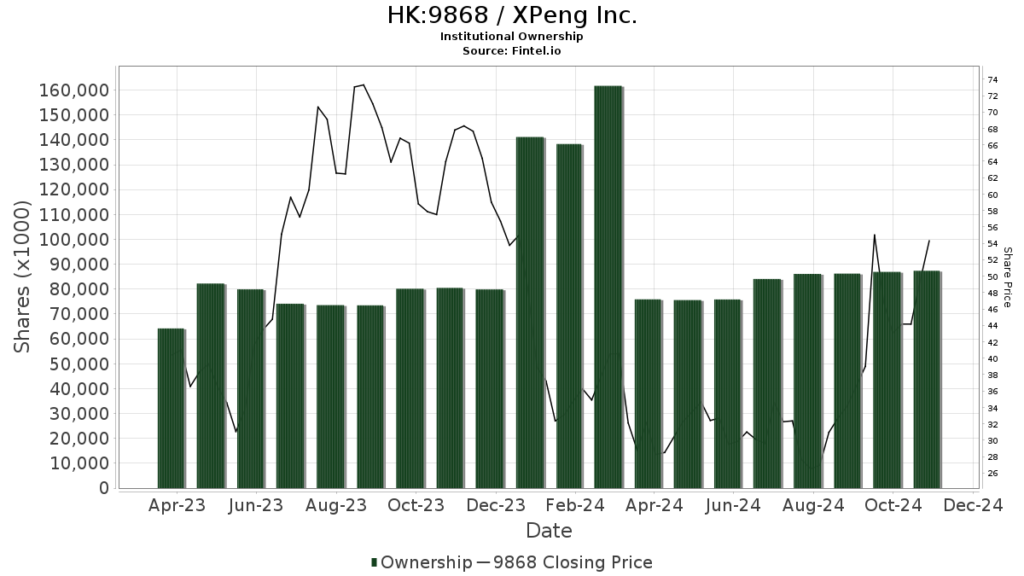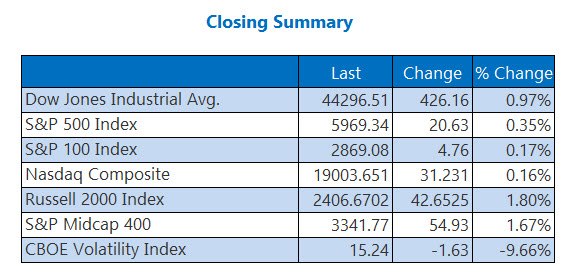Jefferies Analysis & Industry Impact
Jefferies revealed hospital operators like HCA Healthcare, Tenet Healthcare, and Community Health Systems stand to gain from the recent cybersecurity breach at Ascension, a significant blow to the U.S. healthcare sector.
Ascension Cybersecurity Incident
Ascension, a network encompassing 140 hospitals across 19 states in the U.S., grappled with a severe cyberattack that led to the diversion of ambulances from multiple hospitals. The attack disrupted essential IT systems, including access to crucial electronic health records.
Jefferies Analyst Insights
Jefferies’ analyst Brian Tanquilut outlined the impactful repercussions on healthcare delivery due to the cyberattack on Ascension. This includes the cancellation or delay of elective procedures, substantial non-emergency care delays, and emergency cases being redirected to alternative healthcare facilities.
Stock Market Response & R1 RCM Impact
Shares of R1 RCM, a company heavily reliant on Ascension for around 40% of its net services revenue, experienced a decline following the cyberattack announcement by the St. Louis-based healthcare giant. This attack is the latest in a series affecting healthcare operations in the U.S.
Moody’s Concern & Future Outlook
Moody’s expressed apprehensions about the credit impact on U.S. medical providers in light of recent cybersecurity incidents, pointing to similar concerns raised after UnitedHealth’s Change Healthcare faced a cyberattack earlier this year. These events highlight the vulnerability of the healthcare industry to cyber threats affecting critical operations.





